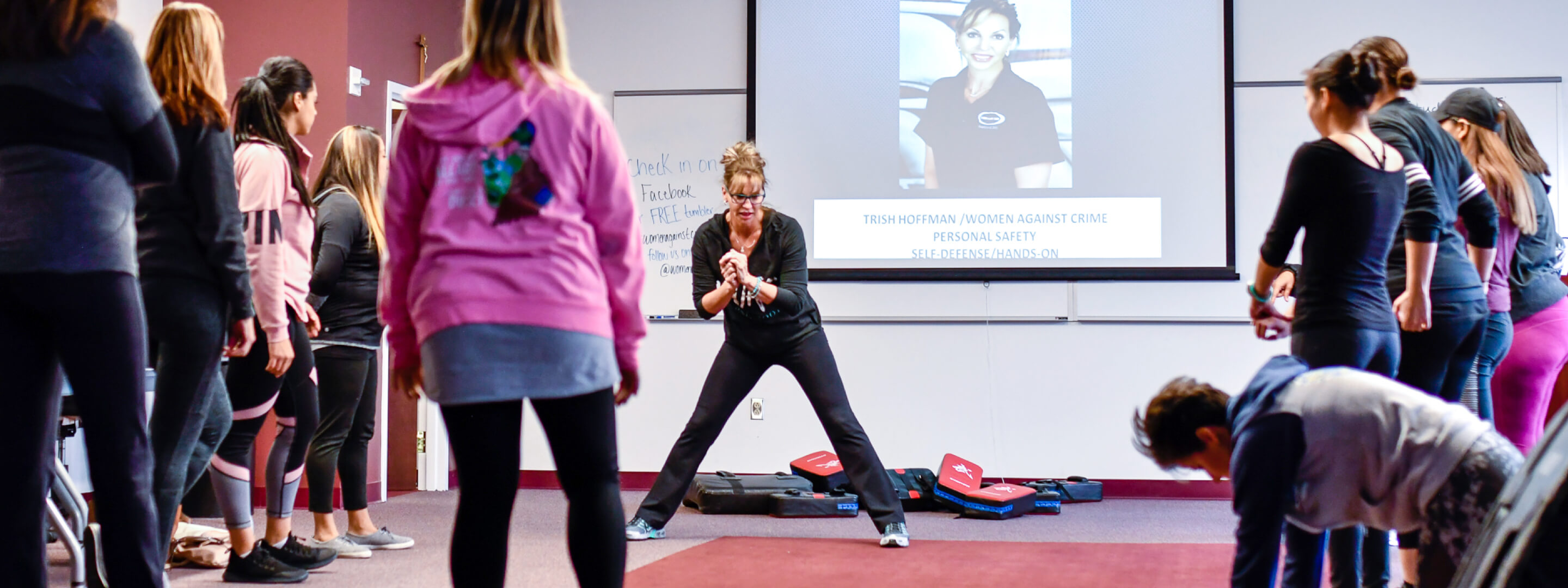The conditions of stay-at-home orders and the pandemic prime the pump for domestic violence.
As I’ve discussed previously, lock-down orders create holiday-like circumstances that allow abusers to keep their victims in close proximity. The National Domestic Violence Hotline has observed callers and text chatters reporting their abusers are also using COVID-19 as a scare tactic to prevent them from visiting family and friends. This only enhances the isolation tactics that abusers often deploy. Other conditions associated with domestic violence — including increased stress and heighted drug and alcohol use — are also occurring during shutdowns. So, the pandemic not only increases the risk of domestic violence; it’s also making it more difficult for victims to seek help.
Unfortunately, during the pandemic, Bernalillo County has seen an increase in reports of domestic violence. According to Domestic Violence Resource Center executive director Vincent Galbiati, the DVRC has experienced an 80 percent increase in requests for services. There’s additional concern that Albuquerque police are responding to increasingly violent incidents. Although police response rates haven’t changed since last year (as of July 2020), more calls are resulting in arrests. That could be an indication that disputes are more intense and pose a greater threat to those in the home.
Domestic violence is trending upward nationally and internationally as well. For example, the Chicago Police Department saw a 12 percent increase in domestic-violence related calls from January to April 2020 compared to a similar period in 2019.
In other cities, such as Los Angeles and New York, police are reporting fewer calls; however, that drop may be equally concerning. Authorities and victims’ rights advocates worry that domestic violence is being underreported. Internationally, the problem has grown to the point that the Council on Foreign Relations has called domestic violence in the age of COVID-19 a “double pandemic.”
Women experiencing domestic violence certainly aren’t alone. Although reaching out for help can be difficult during this time, there’s good news: Most domestic violence services remain open for those who need them and there are new resources available during the public-health crisis.
Domestic Violence Resources Available During the COVID-19 Pandemic
Hotlines
The National Domestic Violence Hotline is available 24/7 both via phone (1-800-799-7233) and text message. Advocates report that often callers are seeking support on keeping the peace at home and simply want to vent their concerns. Even having someone to listen with a sympathetic ear — or offer strategies, if needed — can help greatly.
Interactive Safety Plans
Safety plans are personalized, practical strategies that include ways to remain safe while in an abusive relationship, a strategy to leave the relationship and home, and a game plan for employment and housing once out of the relationship. When in crisis and with adrenaline pumping, it can be difficult to make clear decisions about safety. Laying out a plan in advance can help individuals protect themselves and their family members in stressful moments. Love is Respect offers an interactive guide for creating a safety plan. (Keep in mind that abusers can monitor Internet search histories, so if you’re experiencing domestic violence you may want to take steps to conceal your online activity.)
Shelters
New Mexico has 30 different domestic violence prevention and resource organizations, with services such as hotlines, counseling, and shelters. Housing instability may contribute to women staying with or returning to abusive partners and continuing the cycle. However, individuals needn’t worry about a place to go. Although nationally some of these safe havens have stopped accepting new residents or limited intakes due to concerns about spreading COVID-19, in New Mexico, places such as S.A.F.E. House are still operating normally.
Alternative Housing
Survivors should consider whether they can shelter in place with other family or friends. A “pod” refers to a specific group of people who can support each other around specific events, such as domestic violence, a pandemic, or both. The Bay Area Transformative Justice Collective created a pod-mapping worksheet to help individuals brainstorm their support networks.
Webinars
Local organization Positive Links raises awareness about the connections between animal abuse and other forms of human violence, including child abuse, domestic violence, and elder abuse. The non-profit organization is offering an ongoing series of free educational webinars on various topics, including the impacts of family violence, what to know about domestic violence shelters and taking family pets, and how disasters outside the home can lead to disasters within it. The webinars offer a larger perspective on the issues around domestic violence and present resources.
Legal Assistance
The pandemic is piling on challenges for those experiencing domestic violence. Widespread unemployment could mean that people simultaneously have fewer financial resources to escape abuse. For example, attorney fees could be out of reach. The New Mexico Legal Aid Domestic Violence, Sexual Assault, and Stalking HelpLine (1-877-974-3400) offers free legal information, advice, and referrals to attorneys and community agencies that can help. The New Mexico Commission on Access to Justice is also offering free legal representation for civil cases, including domestic violence.
How to You Can Help
If you’re not experiencing domestic violence, now is a critical time to look out for your neighbors. With children out of physical school and many adults working from home, standard pipelines to report abuse aren’t available. If you believe someone in your neighborhood is experiencing abuse, don’t try to intervene yourself — both for your personal safety and due to social distancing protocols. Call 911.
In Austin, Texas, victims’ counselors have observed more calls coming from neighbors or other witnesses. This illustrates the importance of observing and reporting abuse in our communities.
Domestic violence programs are also experiencing shortages of supplies and food in their shelters. If you’re able to donate money or food, reach out to the New Mexico Coalition Against Domestic Violence.




















